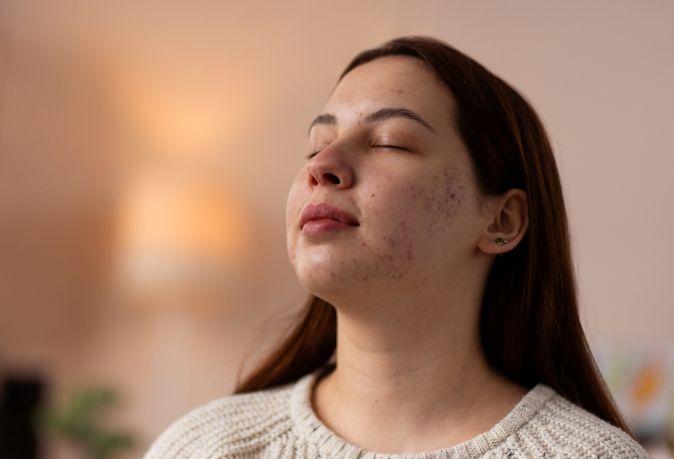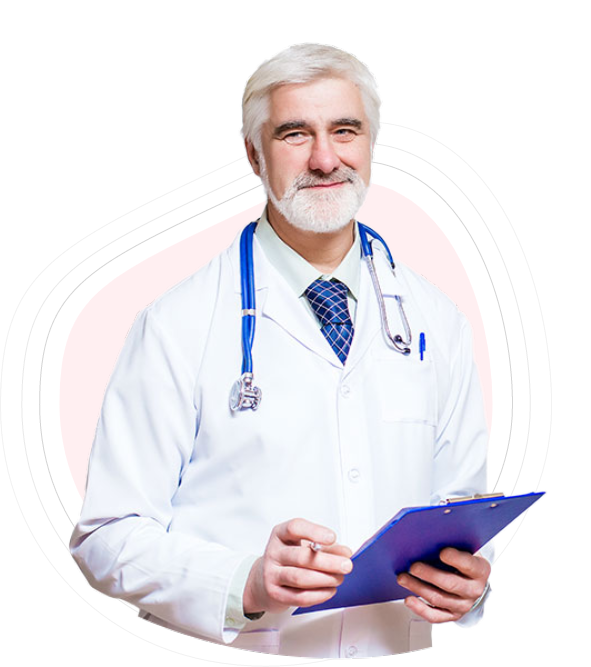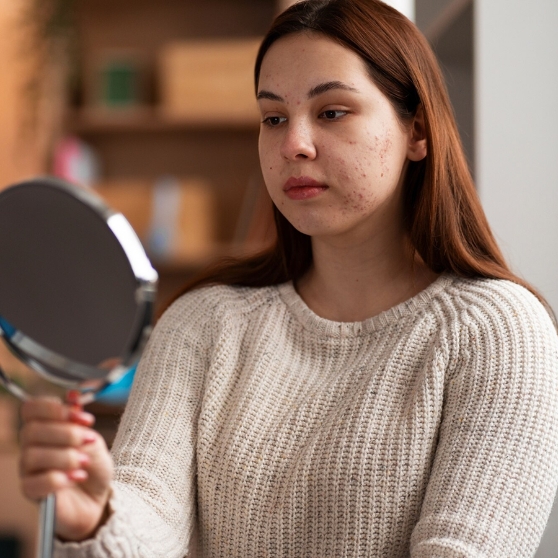Get Acne Prescription Online - Acne Treatment Online
Acne is one of the most common skin conditions affecting millions worldwide, regardless of age or gender. Thanks to modern telemedicine, getting a prescription for acne treatment online has never been easier. You can receive personalized treatment plans and effective prescriptions with a simple virtual consultation. There is no need for in-person appointments, long waits, or unnecessary trips to the pharmacy.
What is Acne?
Acne is a skin condition when hair follicles become clogged with oil (sebum), dead skin cells, and bacteria. It typically manifests as pimples, blackheads, whiteheads, or cysts, often appearing on the face, chest, back, or shoulders. While acne is most common during puberty, it can affect individuals of all ages, including adults. Hormonal changes, stress, diet, and certain skincare products can all contribute to acne flare-ups.





 19 Oct 2024
19 Oct 2024